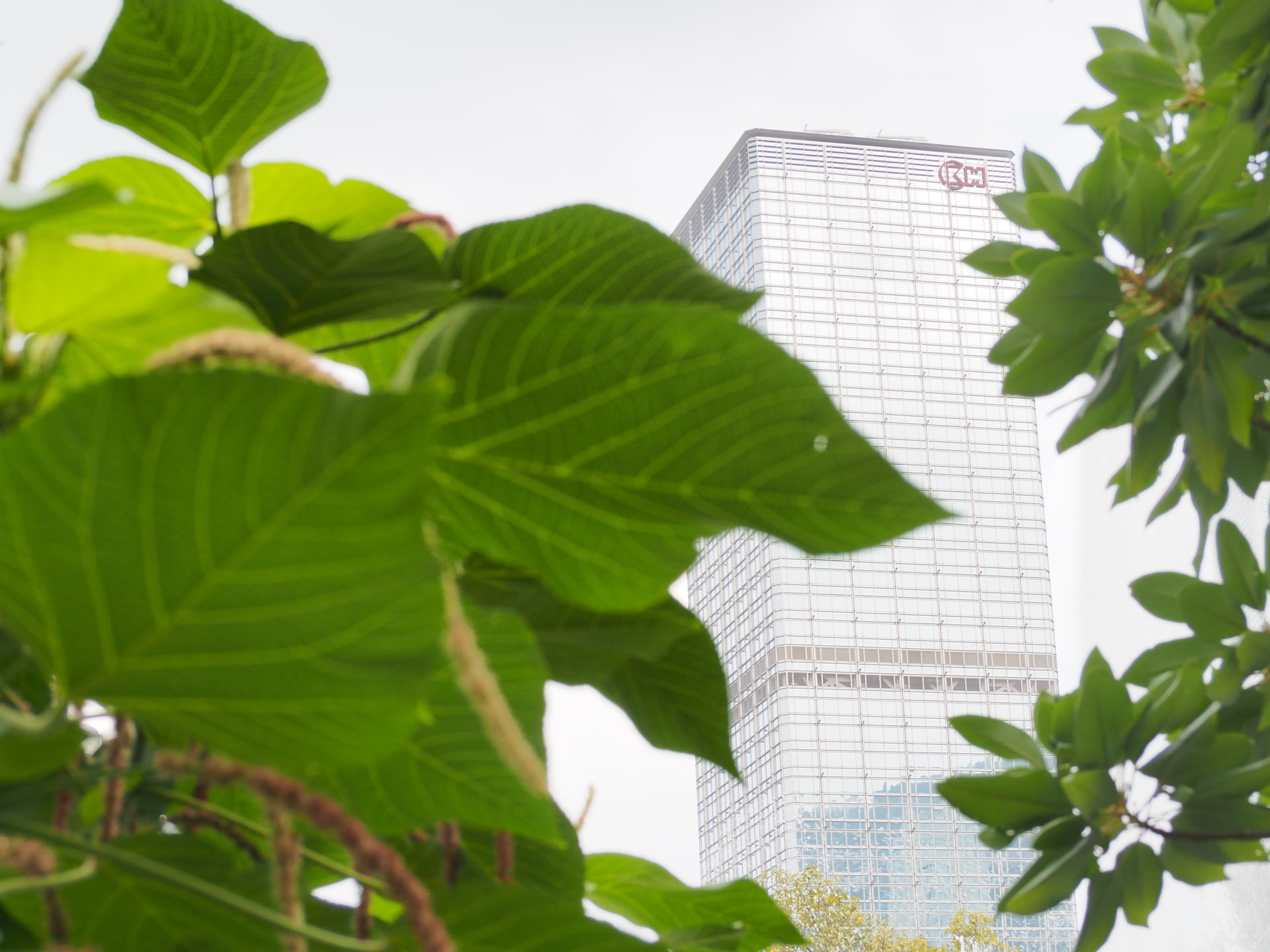Understanding Green Procurement

Green procurement is now a key objective for businesses, governments, and organisations. What is green procurement and how does it benefit organisations? Challenge 2025 examines this important process.
What is green procurement?
Green procurement or sustainable procurement is the process of purchasing products and services that causes minimal impact on the environment. This incorporates human health and environmental concerns while trying to find the right product and service at a competitive price.
Typical green procurement practices include compliance with environmental laws and targets, removing hazardous materials and waste in the supply chain and deep vetting of suppliers for fair labour practices.
Benefits of green procurement
Effective green procurement is important because it means that organisations can live up to mission statements on sustainability and trust their target consumers and partners. There are four key benefits to green procurement:
- Risk and reputation – having an association with an organisation that conducts poor practices can have a financial impact on your organisation and brand value.
- Innovation – selecting eco-friendly products and suppliers will encourage a rethink and redesign of how you operate across all departments.
- Cost reduction – green procurement partners should prevent cost increases through the changing of ownership and the consumption of energy costs. Cost savings can then be re-invested into other parts of the organisation.
- Revenue growth – consumers can buy into a company promoting sustainability which will improve company financials, brand equity, and develop a dedicated customer base. Organisations can also save money by using sustainable procurements partners.
- Future-proofing – developing sustainable procurement practices puts an organisation in a better place to future-proof itself against supply issues and changes in social, economic, and environmental factors.
- Green market support – buying truly eco-friendly products and supporting other sustainable businesses helps build the green market that is taking hold in economies.
Importance of planning
Planning your green procurement is important because having a better idea of exact commodity costs will allow you to accurately predict expenditure for the future. With a long-term approach, authorities will have a better understanding of long-term costs so you can deliver on your green objectives. It can also help to build a more circular economy.
To do this, businesses must be able to predict equipment usage over time, while suppliers and staff must be trained to understand this fresh approach to maximise the benefits of green procurement.
Obstacles to implementing green procurement
For many organisations, implementing a green procurement policy or programme can be hampered by the availability of environmentally friendly products for specific needs. This could also be because the greener alternative isn’t available yet. Alternatively, it could also prove too expensive, as newer, experimental technologies and solutions often are.
There are also cultural factors that affect green procurement in businesses and government organisations, which leads to a lack of support for the move. It often takes legislation, organisational policies, and implementing environmental management systems to make green procurement a reality. However, these actions can take months, even years, to implement.
Importance of governments in green procurement
Governments are in a unique position, due to their purchasing power to choose goods, services and works with a reduced environmental impact and can make an important contribution towards countrywide sustainability goals.
There is a program in place to encourage such spending which is known as Green Public Procurement.
Green public procurement
Green public procurement is defined as “public procurement for a better environment” as a “process whereby public authorities seek to procure goods, services, and works with a reduce environmental impact through their lifecycle when compared to goods, services and works with the same primary function that would otherwise be protected.”
Public authorities are massive consumers across Europe, spending €1.8 trillion annually, representing 14% of the EU’s gross domestic product. If authorities spent more on goods and services that are better for the environment, it can be the trigger for critical mass demand for them which otherwise would be difficult to get into the market. This places green procurement as a strong influence on eco-innovation.
Garden tools and green procurement
Last year, EGO, through Challenge 2025, published The Report, our revealing look into the dangers of petrol power tools used in gardens and public spaces. During this investigation, a freedom of information act request to UK councils found that 89% of council tools are petrol-powered, using over 600,000 litres of fuel a year.
Of these tools, 20,060 are powered by 2-stroke petrol engines while just 1,722 are powered by a battery. The most common petrol tool used by councils is the leaf blower, with almost 6,500 being used. This is alarming as we found, through internationally renowned emissions testing experts, that a petrol leaf blower emits eleven times more carbon monoxide than a Ford Fiesta while requiring 50% of the fuel needed to run a car for the same time.
By switching to battery-powered tools, councils can continue to maintain public spaces to the highest standards for communities while reducing the emissions they produce.
The development of battery technology means that the leading battery-powered tools rival and, often, outperform petrol alternatives. Most importantly, they create zero emissions and are much better for the environment.
In addition to contributing to improving air quality in our parks, commons and marketplaces, workers will also benefit from safer working conditions, experiencing less noise, vibration, and toxic emissions as they carry out their vital work.
Councils must follow the strategy of the Green Public Procurement to reduce emissions in the maintenance of green spaces and, in turn, accelerate the uptake of environmentally friendly technologies.
Pledge to move to battery power today by downloading The Report and signing up for more updates and advice from Challenge 2025.